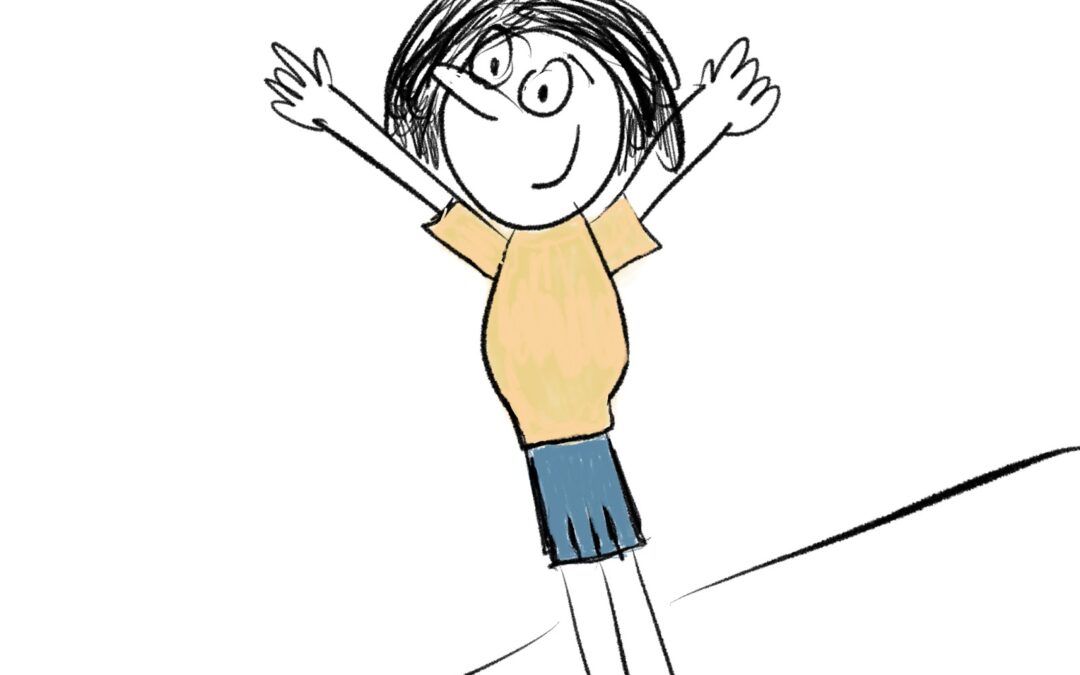Research shows that optimists are healthier, sleep better and have fewer strokes. A study published in the Proceedings of the National Academy of Science found that optimists live 11-15% longer than pessimists. Yet, it is hard to be an optimist amidst negativity and disruption and challenges everywhere.
However, our perspective on how things are unfolding can be modified by a few simple habit changes. For example, I started to consciously notice how often I worried about things working out. It was more often than I realized. I adopted the habit of shifting to appreciating what is going well. I noticed that quite a few things were actually going well. I then created the game of noticing one of the best things that happened during a day. It helped me to be on the lookout for things going well. I noticed that this simple shift enabled me to experience more ease.
I also find it useful to reflect on at least three things I am grateful for each evening and/or morning. The secret is not just to think about these things. Rather than just be grateful that I could take a walk outside, I focus on really feeling the gratitude and holding onto the positive sensations for 30 seconds to a minute. Rick Hanson, a neuroscientist, says that by savoring these positive feelings we are building stronger neural pathways to experience the positive.
I encourage you to experiment with seeing the glass half full and noticing the impact on you and others.

